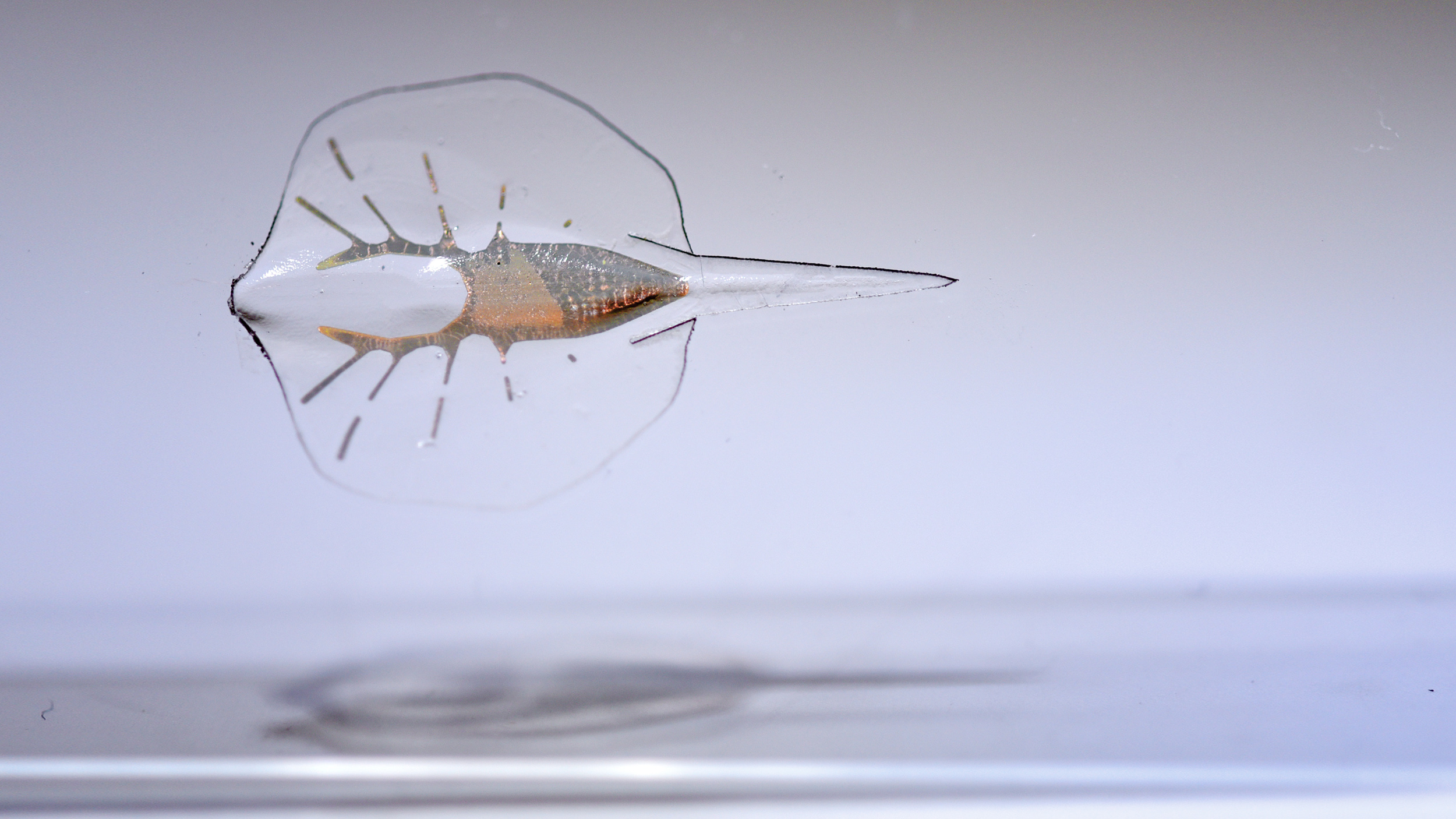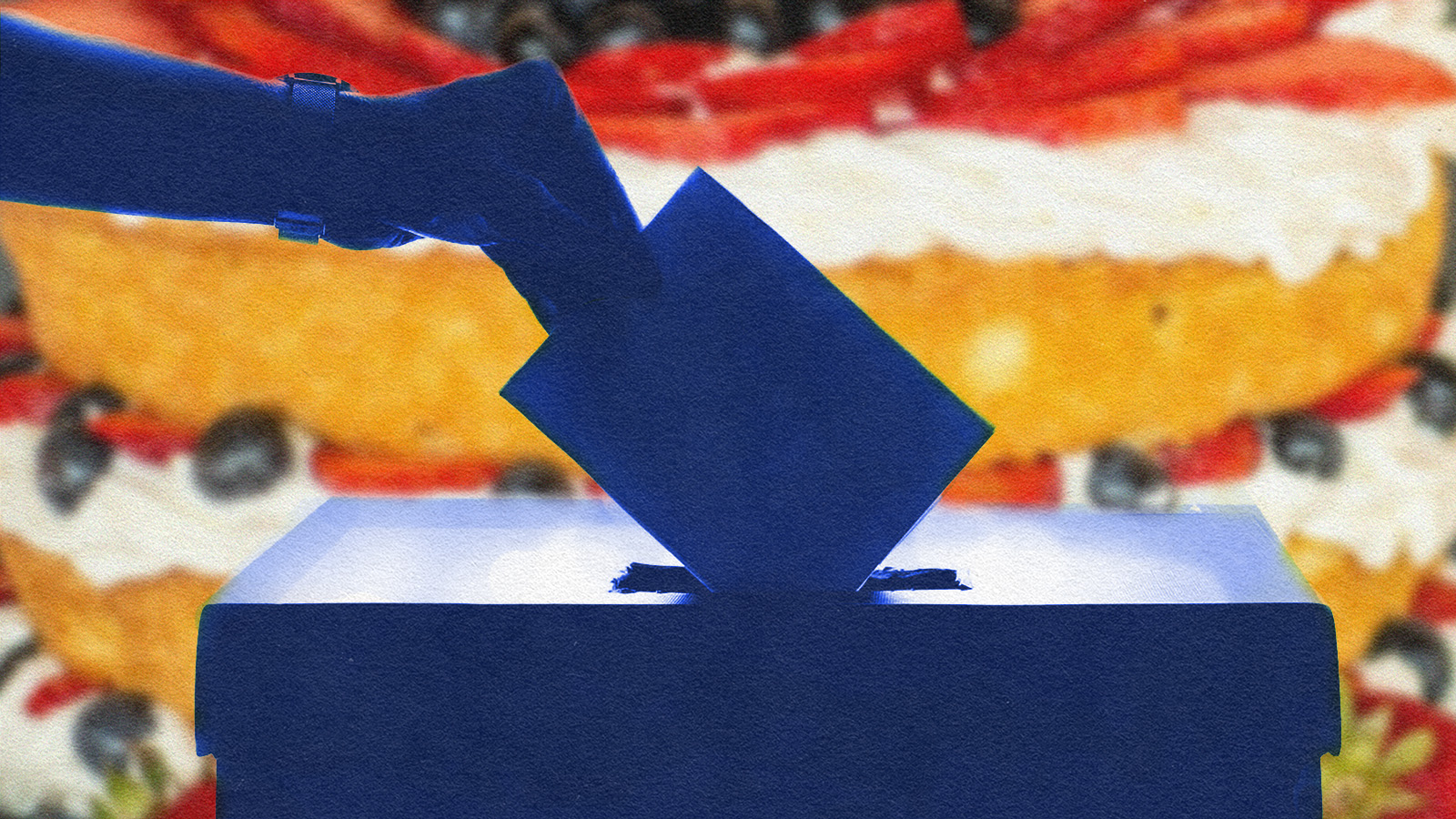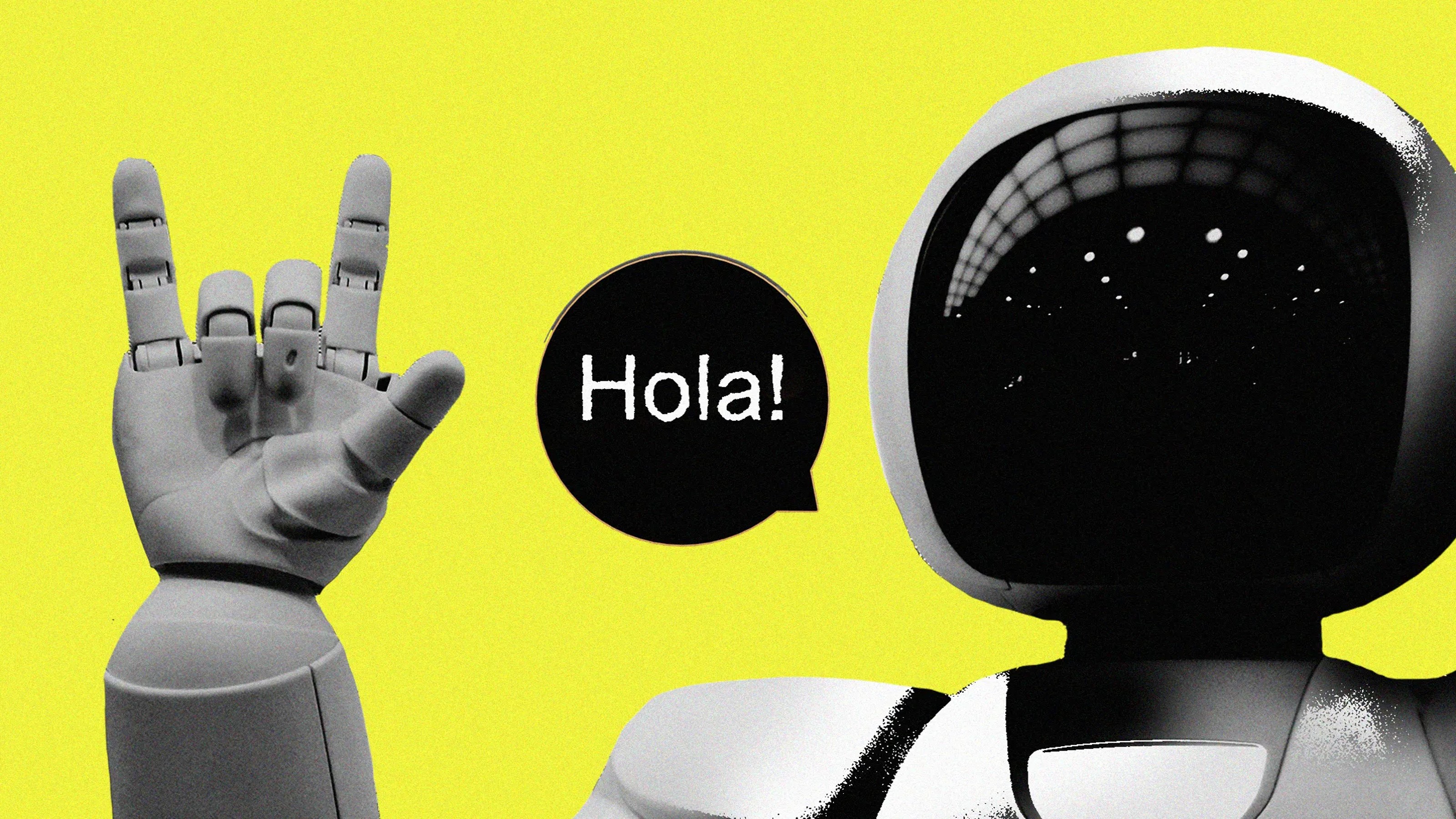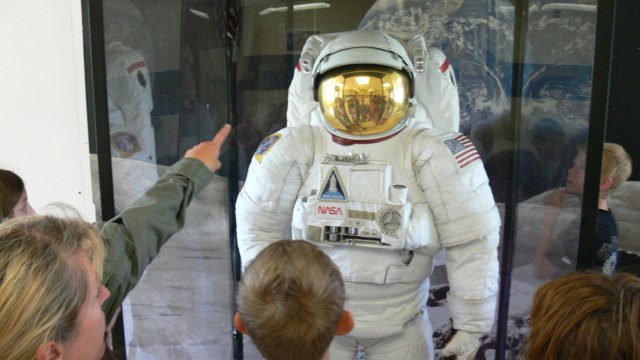Can we be racist toward robots? New study suggests yes.

Photo credit: Franck V. on Unsplash
- A recent pair of studies examined peoples’ perceptions of robots of different colors.
- The results suggest that seeing robots can activate racial biases in people, in similar ways that seeing real-life people does.
- The researchers said the robotics industry has nothing to lose by increasing the diversity of robots.
If you search Google for images of robots, you’ll notice that the vast majority are white. Why?
A new study suggests it’s because our racial biases are leaking into the world of robots, which could cause problems as intelligent machines become more common throughout society.
Recently, researchers from the Human Interface Technology Laboratory in New Zealand explored how race plays into people’s interpretations of robots. The team asked participants to take a “shooter bias” test, in which images of white and black people and robots appeared for less than a second on a screen. Some of these people and robots were holding a gun. The participants were instructed to “shoot” any robots or people holding a weapon.
The results showed that participants were more likely to shoot an unarmed robot if it was racialized as black. It seems that seeing an anthropomorphized machine with race triggers biased reactions within people, and that these biases against certain robots are similar the kinds people hold toward other people.
“The bias against black robots is a result of bias against African-Americans,” lead researcher Christoph Bartneck toldThe Next Web. Bartneck elaborated to CNN: “It is amazing to see how people who had no prior interaction with robots show racial bias towards them.”

Bartneck et al.
One problem with depicting most robots as white is representation.
“Imagine a world in which all Barbie dolls are white,” Bartneck told CNN. “Imagine a world in which all the robots working in Africa or India are white. Further imagine that these robots take over roles that involve authority. Clearly, this would raise concerns about imperialism and white supremacy.”
In a second study, researchers wanted to test whether changing the robot’s color or level of anthropomorphization would change people’s reactions on the shooter test. Interestingly, the participants’ racial bias toward the non-white robots disappeared when the researchers increased the diversity of the robots in the study. However, changing the level of anthropomorphization — that is, how human they looked — didn’t change the results.
“This leads me to believe that we have everything to win by offering racial options and nothing to lose,” Bartneck told CNN. “In the same way that we do want Barbie dolls in all colors and shapes, we also want robots in more than just white.”





